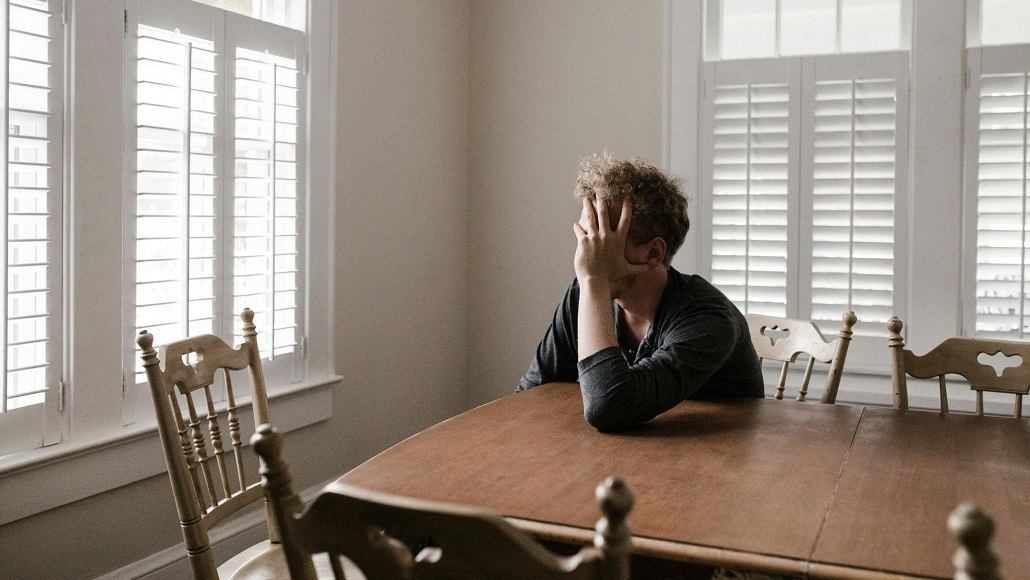Mental health support isn’t what it used to be—and that’s a good thing. It used to center around talk therapy or medication. While those still matter, they’re no longer the only tools we have. Today, support looks more flexible, more informed, and more personal.
That shift comes from real progress in psychology. Instead of just focusing on symptoms, we’re now looking at how people think, act, and respond to everyday challenges. While the old approach often stopped at “talk it out,” the new one digs deeper into behavior, mindset, and connection.
Whether you’re looking to support yourself or helping others, it helps to understand what’s working now and why it matters. Here are five psychology-based strategies that are changing how we approach mental health in real, practical ways.
1. Making Support More Accessible Through Education
Mental health support isn’t limited to therapy offices anymore. More schools, workplaces, and communities are finding ways to bring it into everyday life. That shift has a lot to do with how we’re thinking about education.
People who study psychology often play a key role in making support more available. Someone with an online bachelor degree psychology might work in a school, a nonprofit, or a wellness program—places where early support can make a real difference.
By sharing what they know about behavior, emotions, and communication, these professionals help others feel seen and understood. Their work shows that mental health support doesn’t always have to be formal. Sometimes, just having someone nearby who understands what people are going through can make things easier.
2. Using Cognitive Behavioral Therapy (CBT) Techniques in Daily Life
CBT has long been a gold standard in therapy, but now its principles are becoming more mainstream. At its core, CBT helps people recognize and challenge unhelpful thoughts. It encourages practical steps like journaling, reframing, and setting small, achievable goals.
These techniques aren’t limited to therapists’ offices anymore. Apps, online programs, and even workplace wellness initiatives now teach basic CBT tools to help people manage anxiety, depression, and everyday stress. What makes CBT so impactful is that it doesn’t just address how someone feels—it focuses on how they think and behave, which is often the root of lasting change.
Even learning a few basic CBT strategies can help people feel more in control of their emotions and reactions. It’s a way to take small, consistent steps that add up to big changes over time. And the best part? The skills you learn through CBT often stay with you for life.
3. Emphasizing Connection Over Correction
In the past, mental health support often focused on “fixing” what was wrong. Today, there’s a growing shift toward connection, creating safe, validating relationships where people feel seen and heard. This approach is rooted in attachment theory and other psychological models that highlight the power of human connection in healing.
Whether it’s through peer support groups, trauma-informed care, or community-based services, the emphasis is on building trust rather than correcting behavior. Research shows that people heal faster and stay engaged in treatment when they feel genuinely supported. It’s a reminder that mental health isn’t just about solving problems—it’s also about being present for others in meaningful ways.
This also changes how professionals approach their work. Instead of diagnosing and treating in isolation, many are learning to co-create solutions with clients. That shift from authority figure to ally can lead to stronger outcomes and more long-term engagement.
4. Teaching Emotional Regulation Skills Early On
Another major strategy reshaping mental health support is the teaching of emotional regulation skills, especially to children and teens. Rather than waiting for a crisis to happen, schools and youth programs are now introducing skills like mindfulness, breathing techniques, and emotional labeling from a young age.
This proactive approach is based on psychological research into how emotions develop and how the brain processes stress. By helping young people understand and manage their feelings early, we’re laying the groundwork for stronger mental health throughout life. It’s also creating a generation that’s more open and honest about what they’re feeling, which can only be a good thing.
And it doesn’t stop with kids. Adults, too, benefit from learning (or re-learning) these skills. Many people never received emotional education growing up, and it shows in how they handle pressure, conflict, or grief. Teaching regulation skills at any age can help reduce long-term mental health challenges and build better relationships across the board.
5. Using Data to Personalize Mental Health Support
Technology and psychology are now working hand in hand to offer more personalized support. With the help of digital tools, we can track mood patterns, sleep habits, and even behavioral triggers in real time. Therapists can then use this data to offer more targeted support.
This kind of approach is especially helpful for people who may not respond to traditional methods or who want to be more active in managing their mental health. It’s also part of a larger trend toward “precision mental health”—a concept that treats each person as unique, with different needs, histories, and responses.
Some platforms even use machine learning to identify risk patterns early, helping providers intervene before a crisis occurs. Of course, data privacy matters, and any tech-based solution should be handled with care. But used correctly, these tools can make support faster, more relevant, and more effective.
The field of mental health is evolving fast, and many of the most effective changes are rooted in psychology. Whether it’s using CBT outside of therapy, learning emotional skills early, or building stronger human connections, these strategies are making support more accessible, more personal, and more effective.
If you’re interested in being part of this change, whether as a support professional, educator, or just someone who wants to better understand the people around you, there are more ways than ever to get involved. Psychology isn’t just about theory anymore. It’s about real tools, real people, and real change. The more we bring these strategies into everyday life, the more we shift mental health support from something reactive to something truly proactive.


















